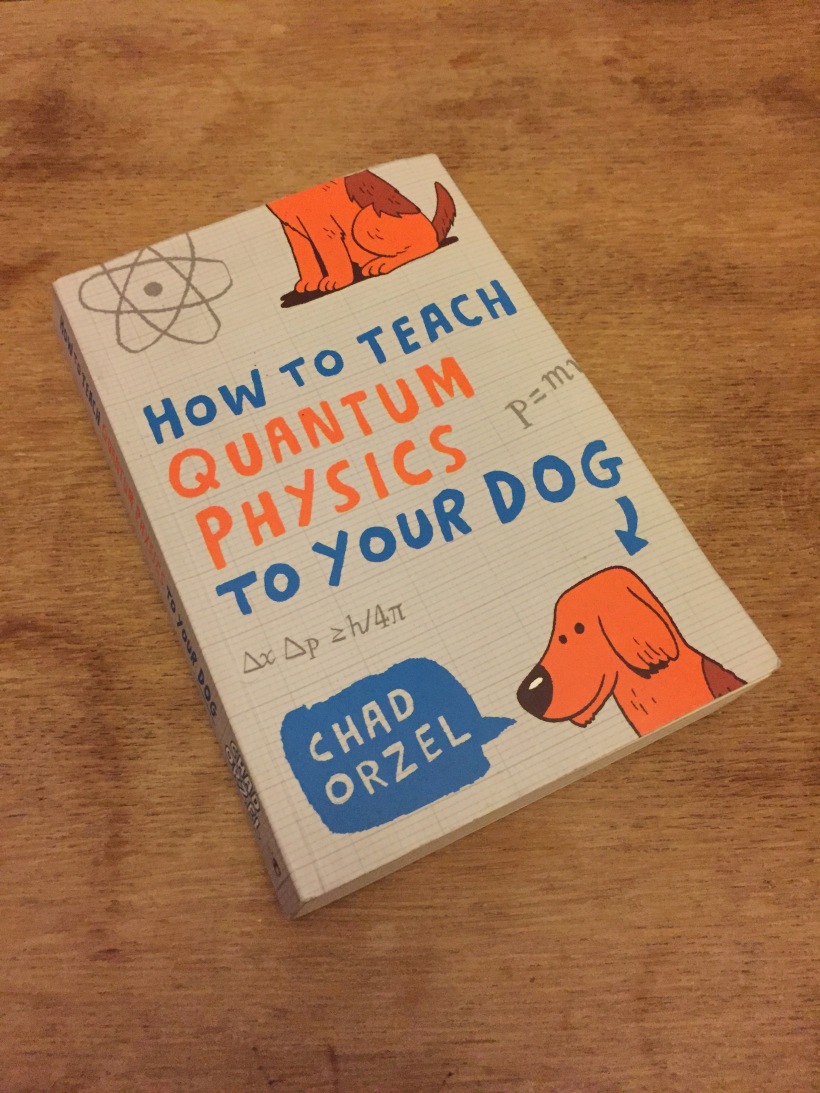I think about unimportant things too much, which enphasises that I’m not a scientist!
In the mid 16th century Copernicus put forth the suggestion that the world was not in fact the centre of the universe. The Catholic Church only removed the work of Copernicus from their banned list in 1835. This led to a discussion at work today, can science and religion co-exist? As a lover of science and a Christian then for me the answer will of course be yes and I shall attempt to explain why.
Religion is an easy escape for the unexplained. As our understanding of the universe has grown, our belief in a higher power has deminished. It’s hard to say, (at least in the western world) why this is so. Much of what religion has taught us has been overwritten by knowledge. Maybe this leads us to trust religion less? But if that’s the case then why? When we discovered the world was not flat we didn’t abandon all science and class it as tosh, we just updated and expanded our knownledge. We know now that God did not create the earth in 6 days. We know from geology and our understanding of the universe how the earth was made, give or take. It certainly wasn’t by giant hands in 6 days. Does that mean that a higher power did not have any input? That’s harder to disprove. (Or prove, hence why science would dismiss it).
Physics doesnt like unexplained. Quite often in science if something cannot be proved one way or another then there is little point in discussing it. In religion if it doesn’t fit with the relevant texts, it’s not true. Both points to me make little sense. Scientists once believed the world was flat, the earth was the centre of the universe and had no idea how it possibly begin. For the most part they were wrong, over time this has been accepted (at times reluctantly) and we have moved on. Many parts of the bible are probably wrong, our interpretation of the text and our understanding should change, as it does in science.
George Lemaitre a Belgian priest and physicist most famous for putting forward the Big Bang theory is a prime example of how science and faith can fit. Lemaitre loved that the thought of a finite start to the universe worked in a mathmatical sense as it opened a door for a creator.
Modern day physics brings it’s own philosophical and religious meaning. The Copenhagen interpretation, that when measured, the wave-function of a particle in superposition collapses. (Or more basically, a particle can be in two or more places at once until someone looks at it), leads some to mind boggling conclusions. Whether you believe in parallel universes or whether you believe that a conscious being has a mystical power to organise the universe, something unexplained occurs. In my mind that leads to one question. If the universe formed 13.8 billion years ago, what, or who was the conscious being that observed the universe for the particles wave-functions to collapse and the universe as we know to begin? Just maybe it was god.
